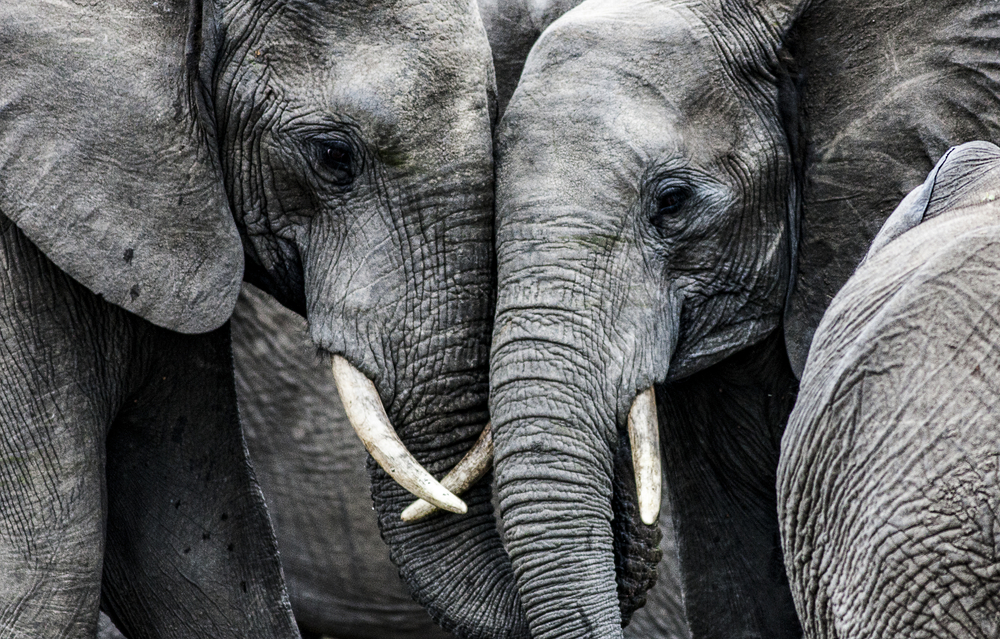
Casual observation of humankind and its history shows that religion and spirituality are a part of the human condition. Questioning one’s existence, purpose or place in the world is often tied to our perception of a higher power, rules to live by, having an inner spirit or soul that is distinct from the body, and what happens after death. Humans are far from being the only animals on Earth. It is well documented that other creatures experience emotions, especially those connected to gain and loss. Are we alone in our religious fervor? Let’s see.
Defining Religion
It’s important to define religion, especially in the context of animals. There are several verses from the Book of Psalms in the Bible that suggest elements within nature are evidence of God’s glory and that these elements, including flora and fauna, can offer praise. Humans associate certain practices such as deity worship, rituals and philosophical notions with belief systems. According to this definition, such behaviors have not been observed in other animals. However, perhaps with a more expanded concept of religion, one that doesn’t center on humans and isn’t built on human traits and behaviors, we might recognize a sense of spirituality in other animals.
Observing Simian Rituals
Primatologist and anthropologist Jane Goodall spent almost 60 years studying the interactions and behaviors of chimpanzees in Tanzania. She observed these animals’ behavior with respect to local waterfalls. She noted that these chimps would often sway rhythmically to the movement of the water, seeming aroused or agitated. They also threw rocks into the water and eventually would gaze calmly at it. Goodall speculated that these behaviors were inspired or triggered by the apes’ sense of wonder and awe, suggesting that they had the capacity for imagination and appreciating works beyond their sense of understanding. Goodall also observed that some chimps would dance during heavy storms. Perhaps these behaviors are evidence of precursors to human religious ritual.
Exploring Pachyderman Ceremony
Many people who have had pets can confirm that animals experience grief and loss. African elephants are known to live in tight social groups for several decades, not unlike human communities. Scientists have observed elephants participating in what appear to be funeral rites. Observed behaviors include the following:
- Stopping to examine the body or bones of a dead elephant
- Picking up bones gently while remaining quiet
- Using leaves and grass to hide the body
- Staying with the body for a period that may last from several days to several weeks
In this way, elephants seem to have a unique sense of their existence, suggesting a type of spirituality.
Swimming in Silence
Portuguese biologists have noted what appears to be a mourning ritual with spotted dolphins. On at least two occasions, they saw adults holding up the dead body of a calf for about 30 minutes before releasing it to the ocean. Similar to elephants, these marine mammals are a part of multi-generational communities that live together for several decades. The observed ritual seems to be consistent with grieving, although some experts would only acknowledge it as nurturing behavior, not unlike social interactions from other species, such as the adoption of orphaned animals and mating rituals.
Based on the way humans express religious beliefs, it doesn’t seem likely that animals worship in the way we do. There is anecdotal and scientific evidence that other organisms experience emotions such as sadness and loss. We know that social, communal creatures such as elephants and dolphins process death in a way looks and feels familiar. Chimpanzees appear to respond to nature in a manner suggesting a capacity for appreciating unexplainable phenomena. We may never know for sure if animals are religious, but we may discover further evidence of their spirituality and an awareness of their place in the world.

